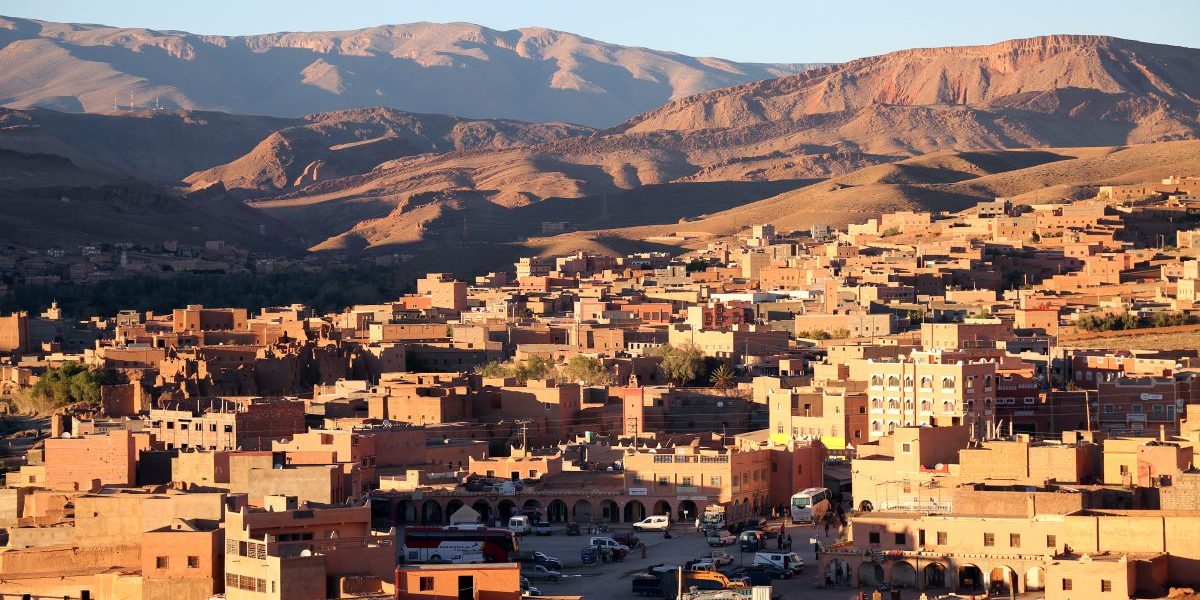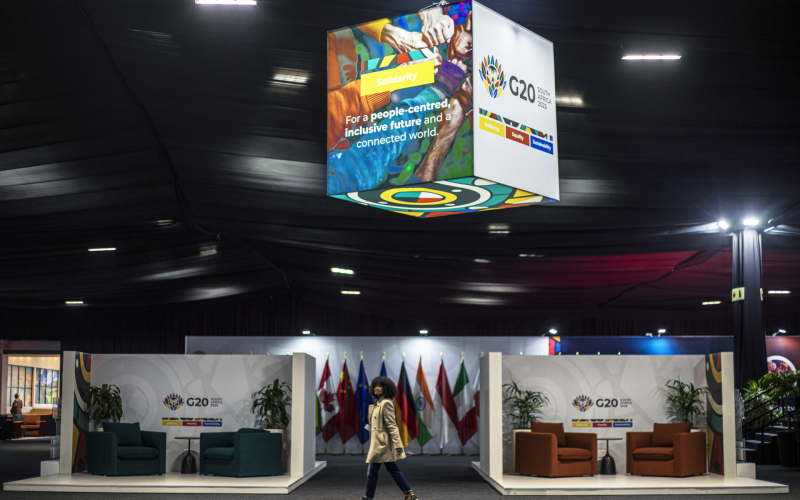Morocco’s population reached 33,304,000 in 2014, according to the national statistical agency (HCP), with the youth constituting a large part of that figure (53% of the population is under the age of 30). The national GDP was estimated at $100.6 billion in 2015, making Morocco the fifth largest economy in Africa. Morocco is currently making the transition to a multiparty governance system, a process involving socio-economic and environmental reforms and more active engagement with the public on matters of public policy. In July 2011, the country’s Constitution was reviewed to ensure the continued relevance and accuracy of its various provisions, which are concerned with democracy, individual freedom, accountability, transparency, and the rights of citizens to a healthy environment and long-term sustainable development. Clause 31 of the Moroccan Constitution stresses the importance of achieving sustainable development and assuring the protection of natural resources, while clause 35 says that environmental protection is afforded the utmost attention in legislation in the Kingdom.








